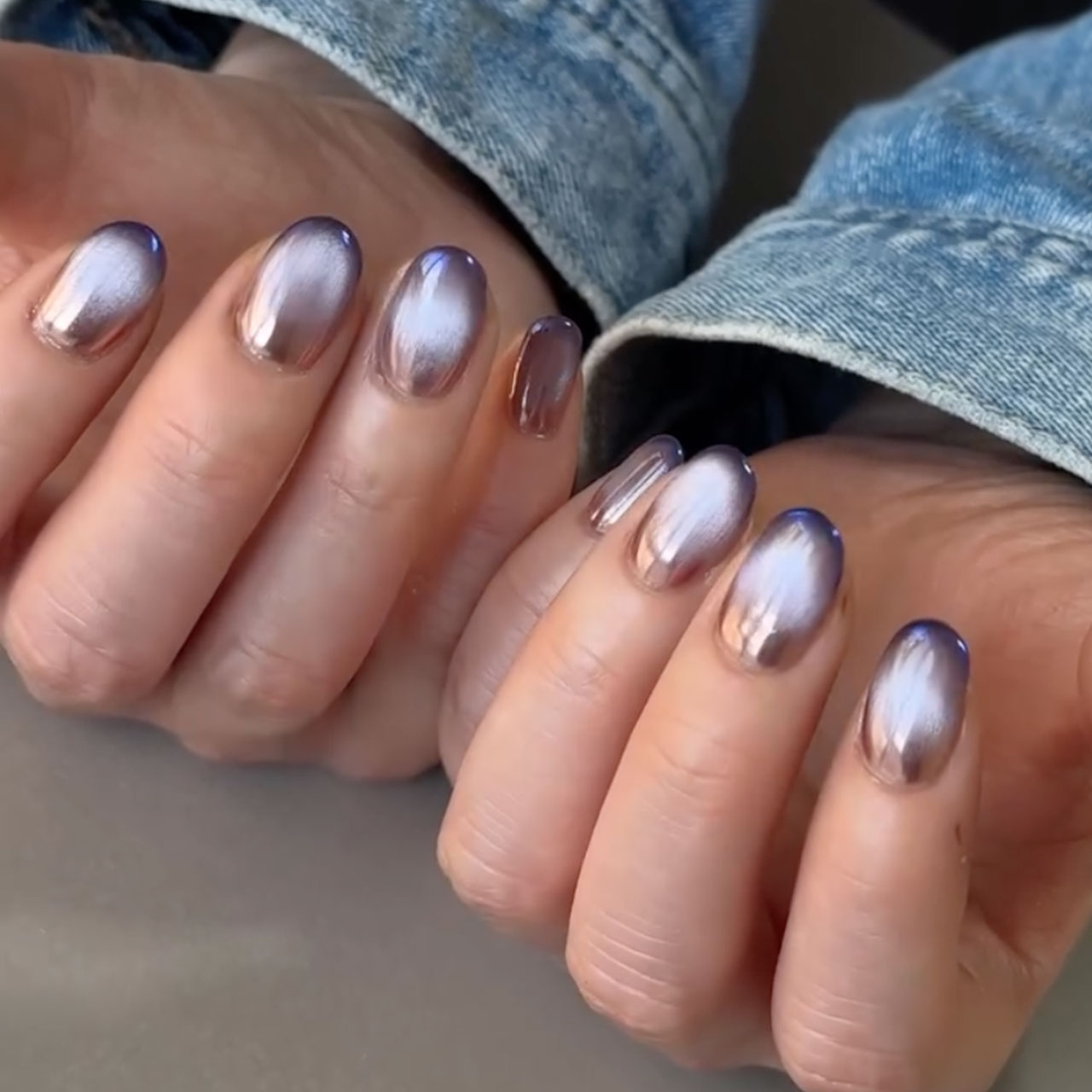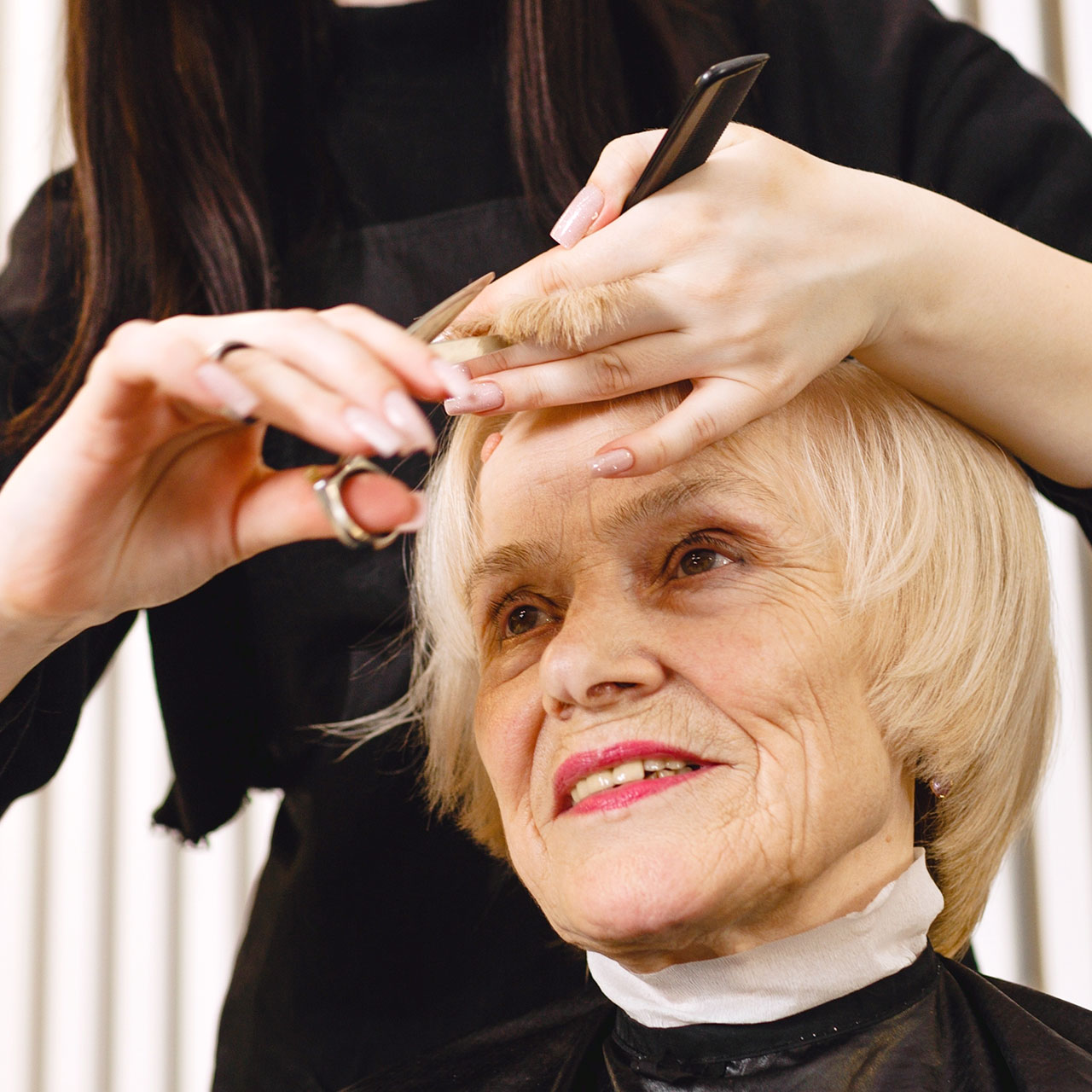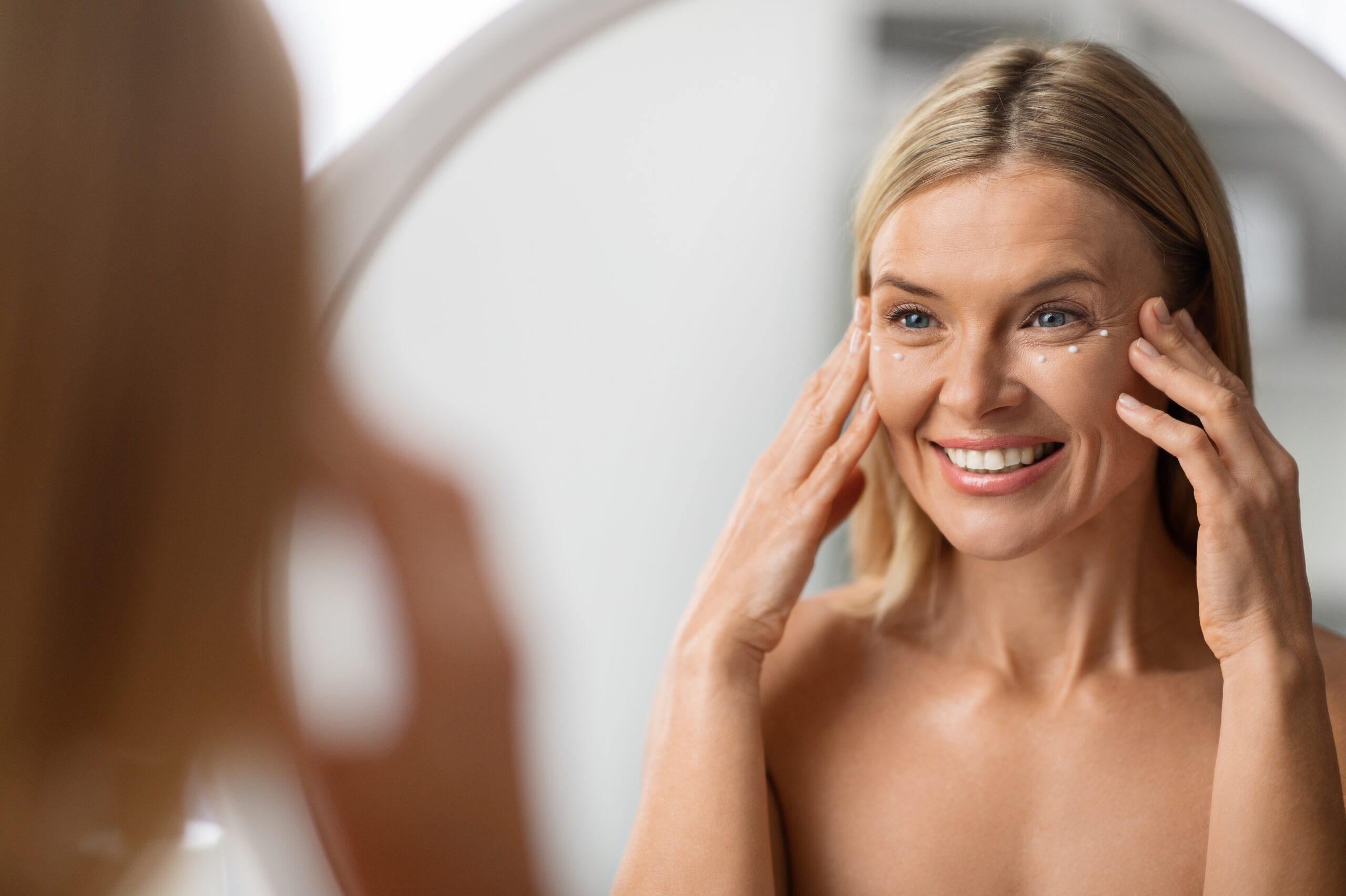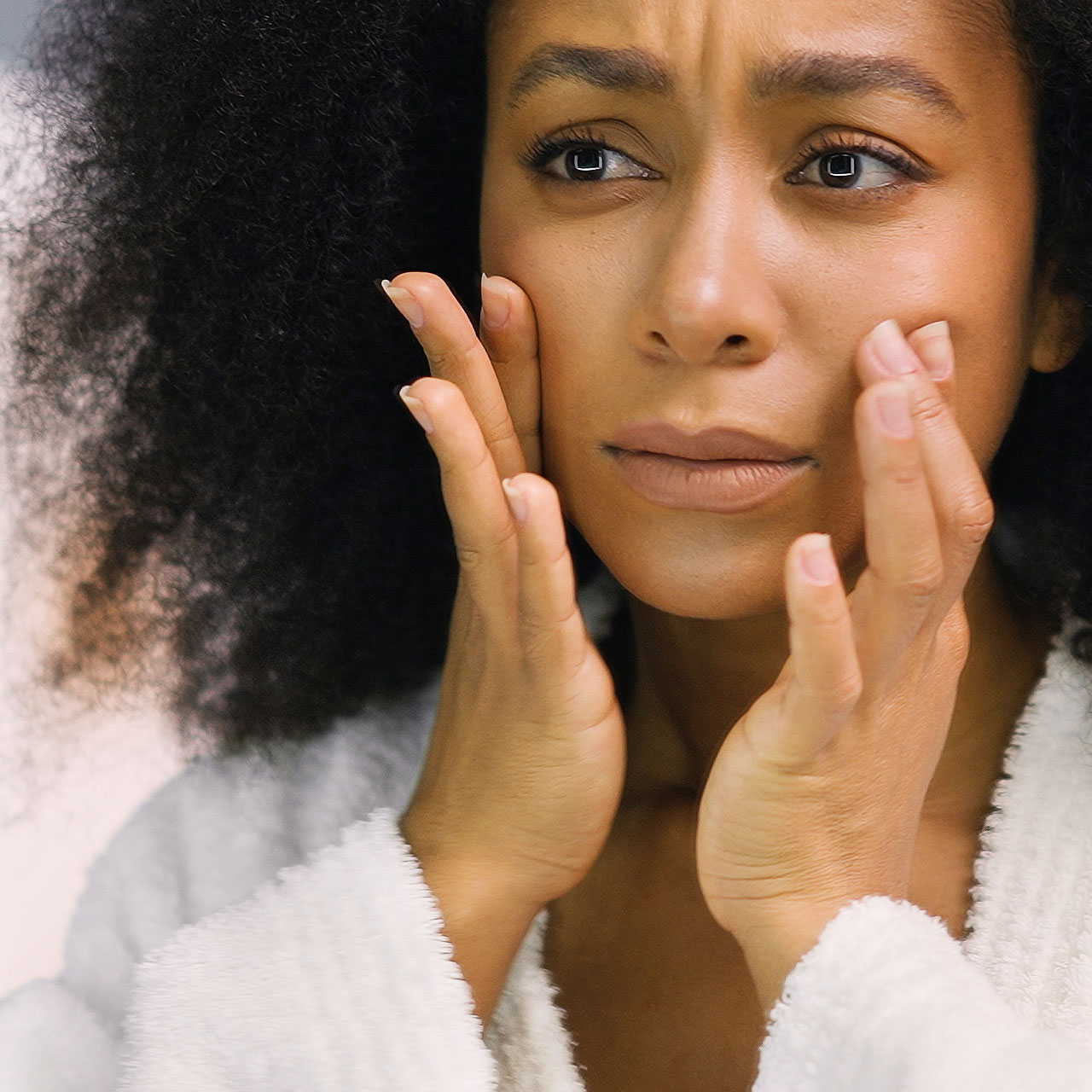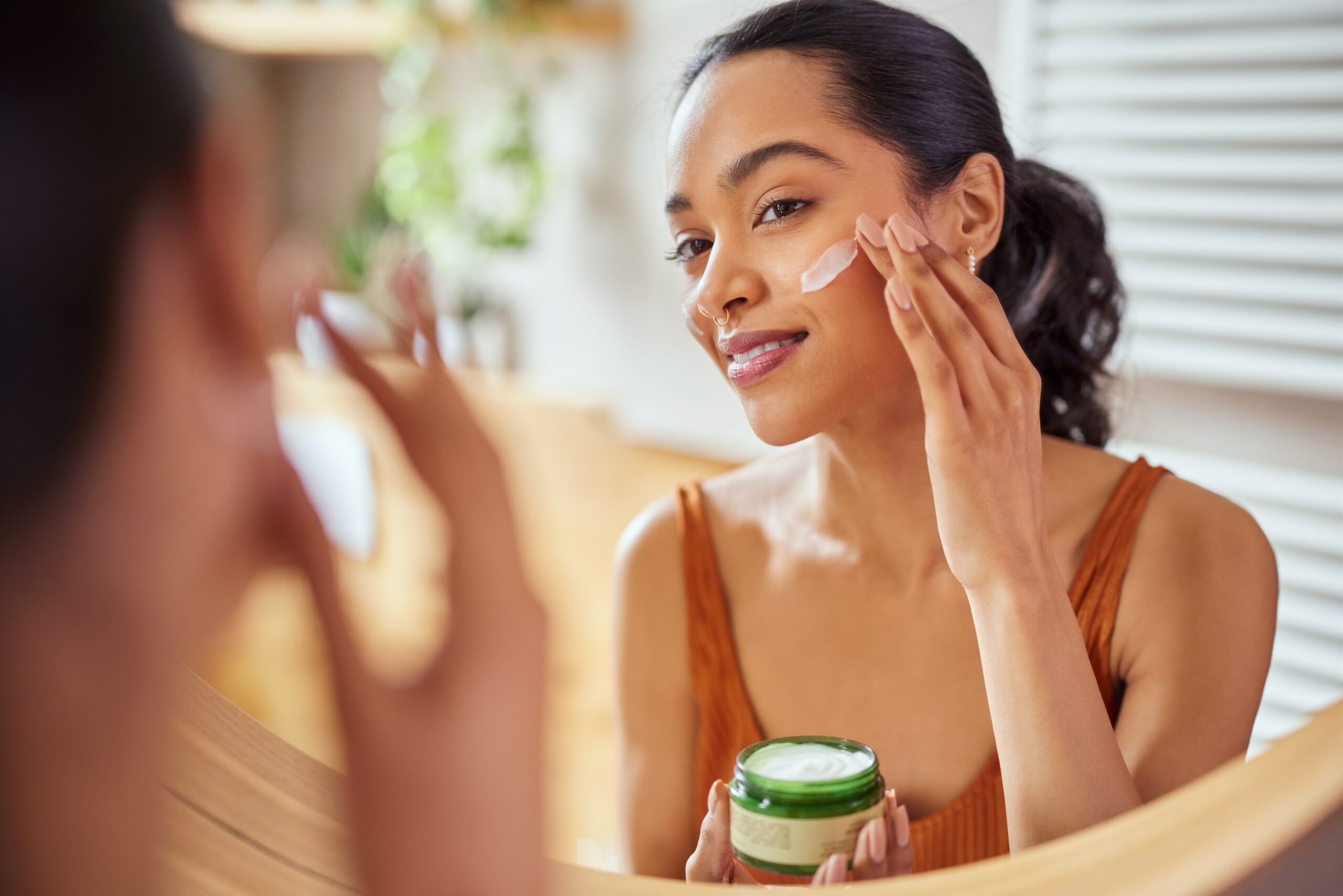With so many skincare tips, hacks, and products out there, it’s easy to lose control over what you’re actually putting on your skin and whether the ingredient can help improve your skin’s texture and moisture barrier. If you’re experiencing acne or irritation recently and have been experimenting with a variety of different products on your skin, don’t rule out the possibility that something you’re using could be the cause of your skin’s woes.
According to Dr. Anil Rajani, there are five things you should never put on your face. The skin on your face is much more sensitive than the skin on your body, and it should be treated that way, he says. Avoid applying these ingredients to keep your complexion healthy and smooth.


1. Body Lotion
If you travel a lot you already know: body lotion may be abundant in your hotel room. Unfortunately, it’s worth packing your own facial lotions and moisturizers because those for your body are usually thicker and typically contain fragrances. “Often the fragrances are irritating and cause inflammation on your face,” Rajani says. Instead, use a lotion that is gentle and absorptive for your face.
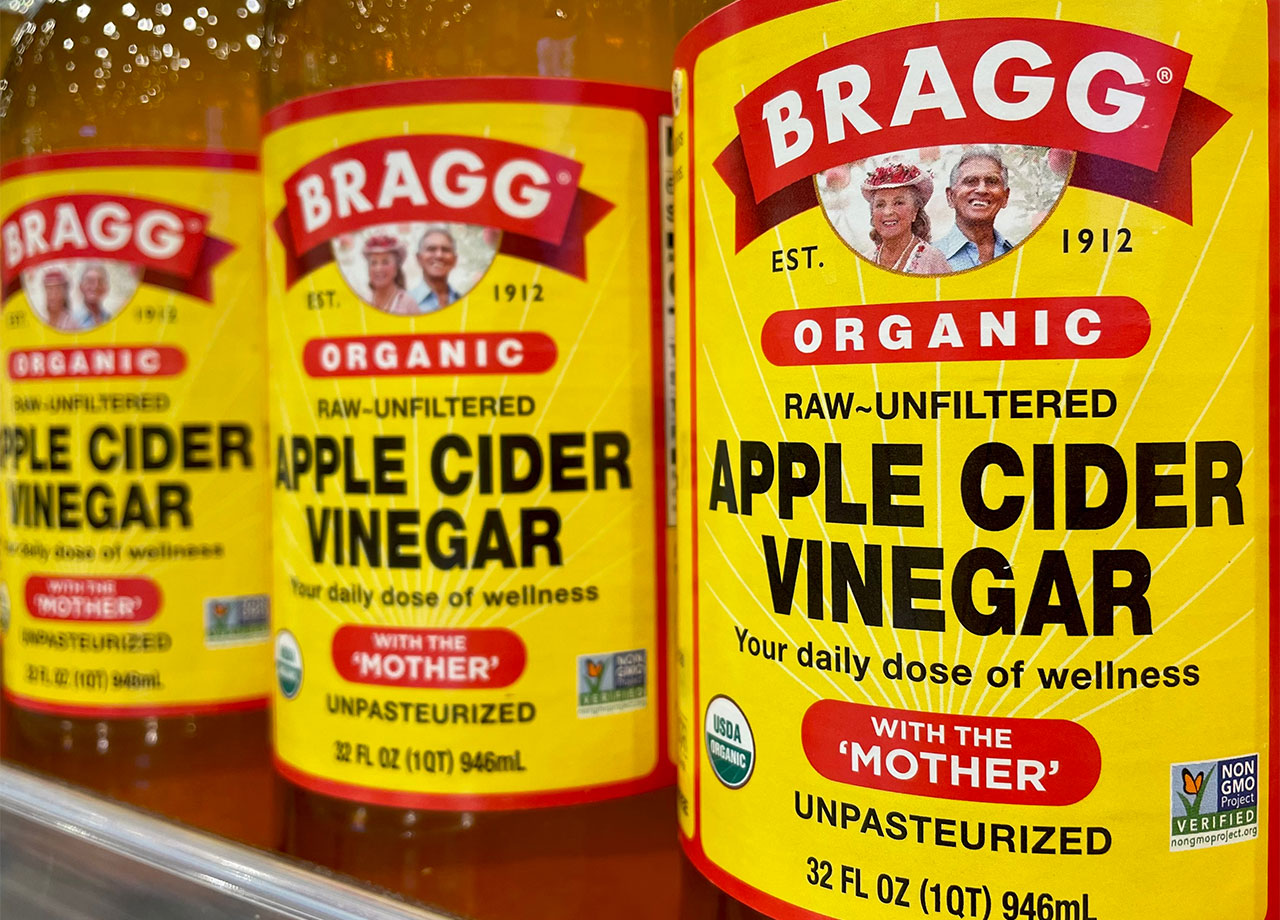
2. Apple Cider Vinegar
Rajani says he hears people say all the time that they use apple cider vinegar on their faces as a toner. But he instead recommends buying a specific facial toner that contains ACV as one of its ingredients. “Because of its high acidity level and natural ingredients, apple cider vinegar in particular has been considered by many beauty lovers to be a good facial toner,” Rajani says. But vinegar can lose water over time and become stronger, which can burn your skin. It’s better to use a facial toner that contains this ingredient and others that can serve as a buffer.
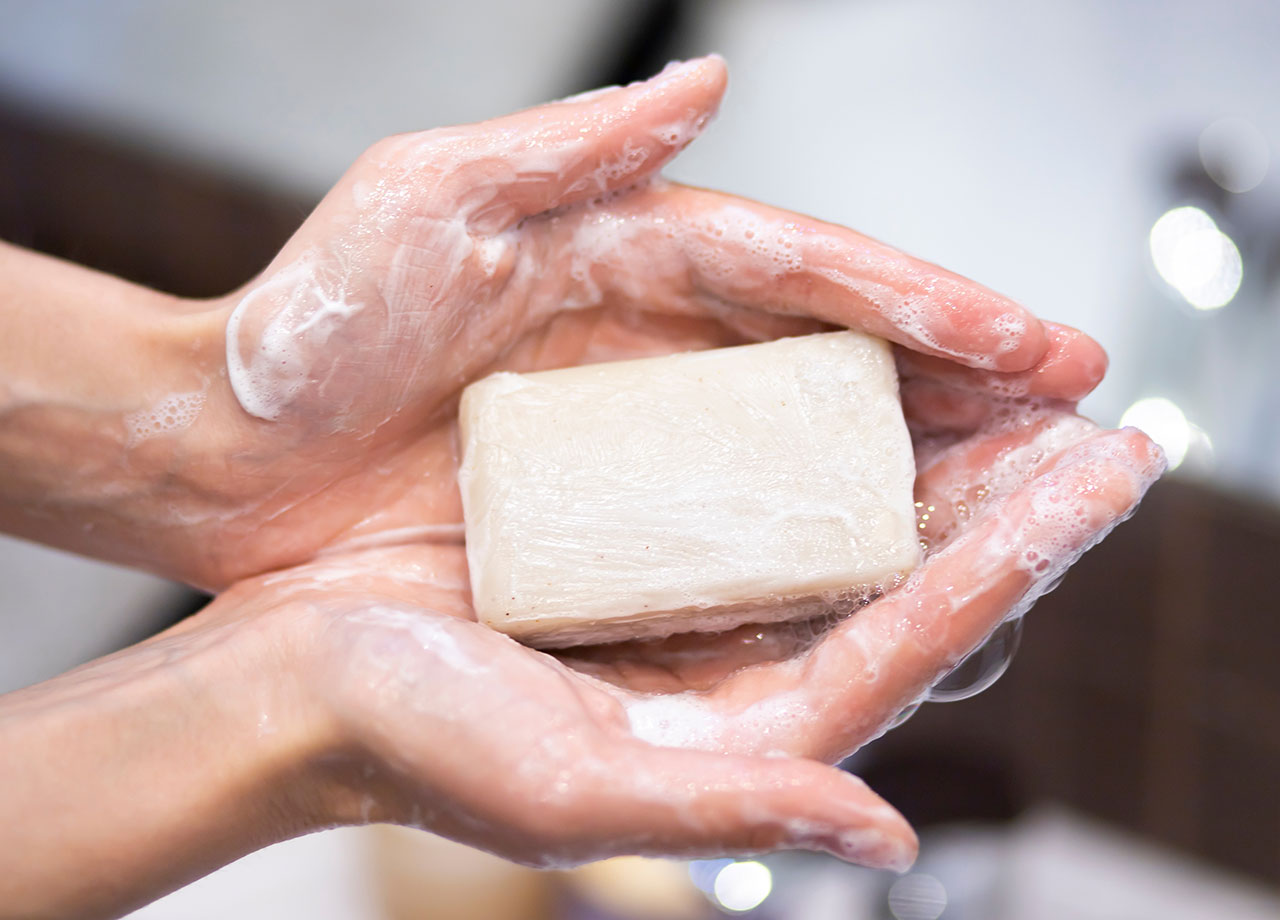
3. Bar Soap
Bar soap that you would use for your body can contain harsh cleansing ingredients, dyes, and fragrances that are irritating and strip your skin of much-needed moisture. Bar soap can be abrasive and drying — Rajani recommends cleansers for the face that have moisturizing ingredients (ceramides and hyaluronic acid, for example).
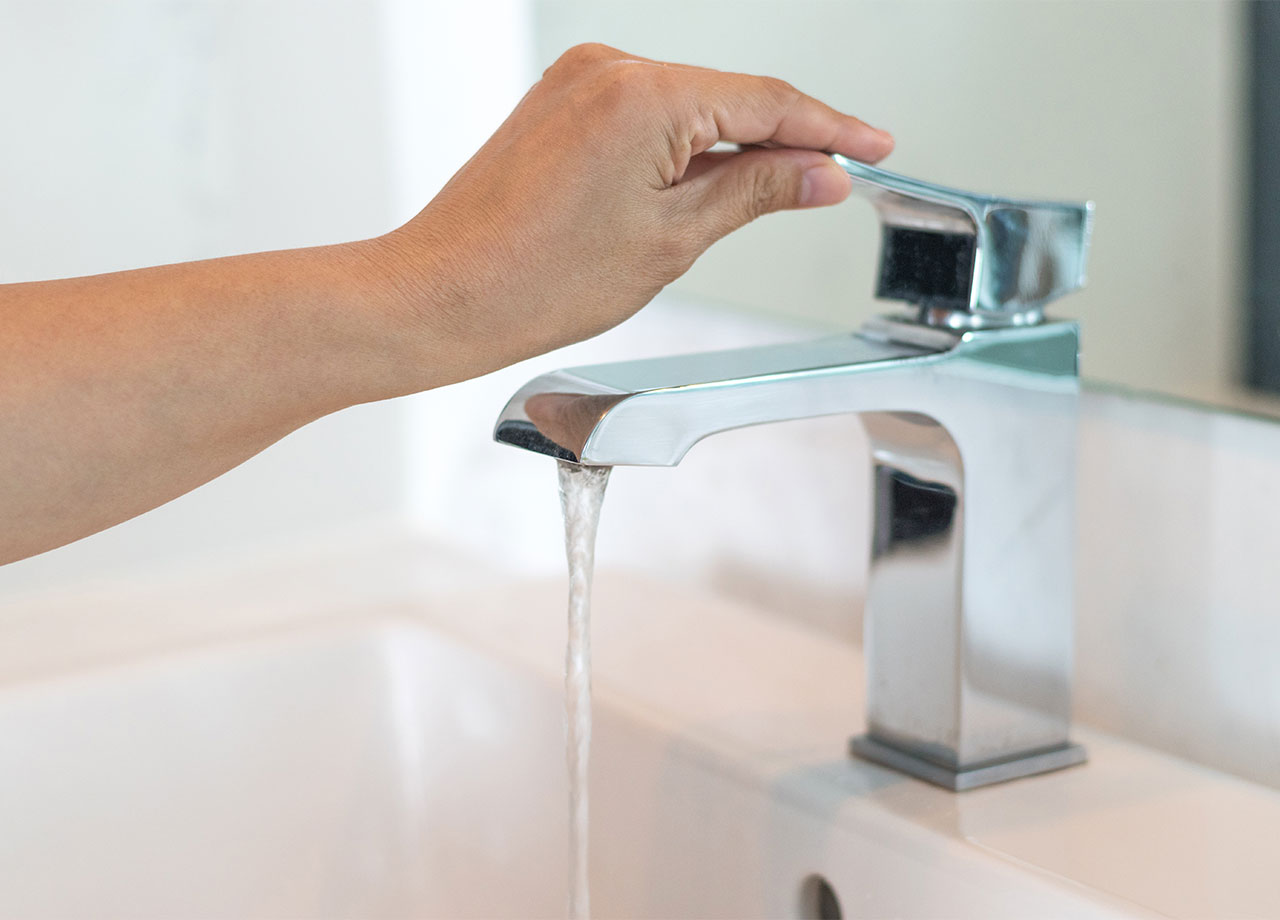
4. Hot Water
The next time you wash your face over the sink or in the shower, turn the temperature of the water down. Hot water is a no-no for skin because it will strip the moisture from your skin and make it “stretchy and dry,” according to Rajani. He recommends always using lukewarm water to maintain a healthy pH balance.
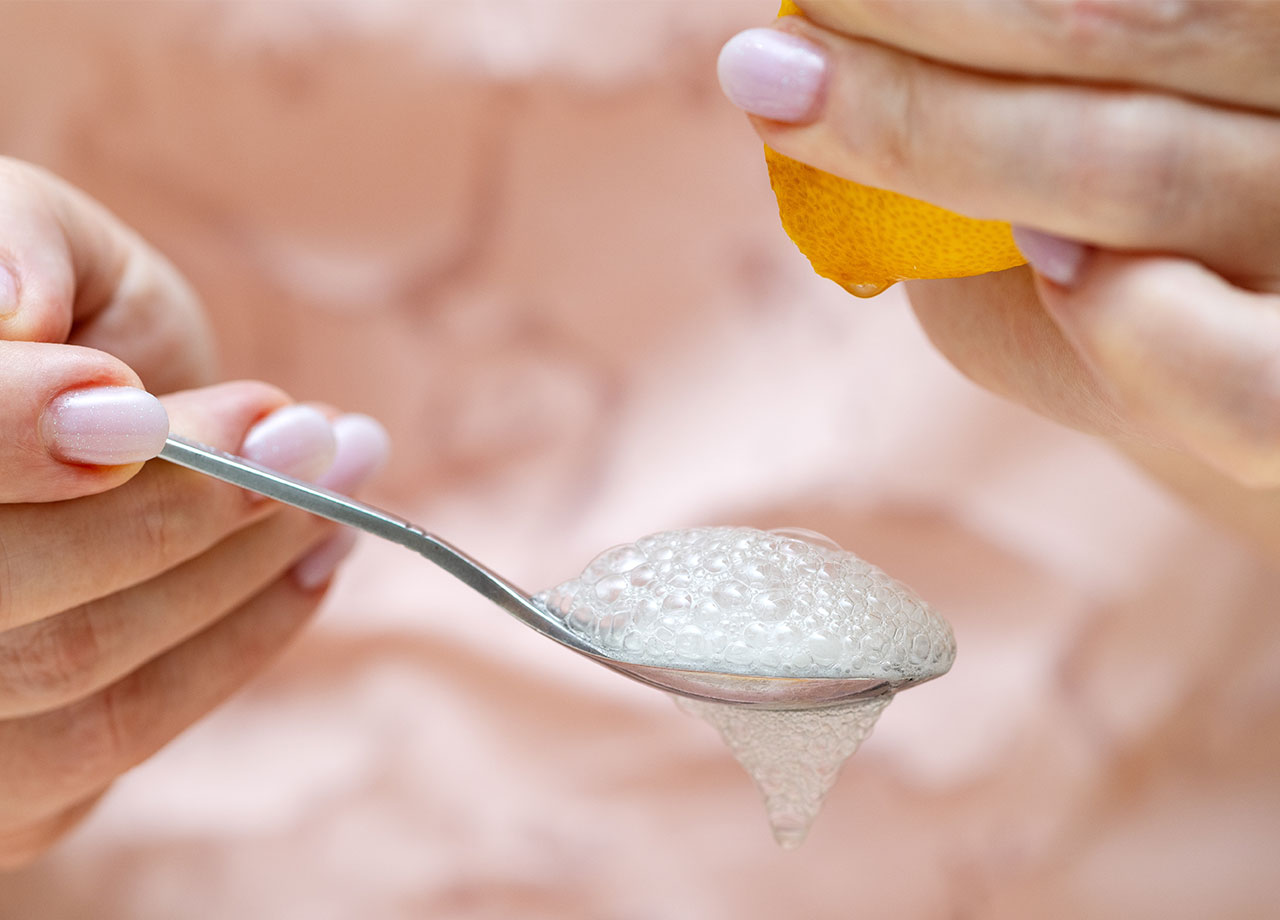
5. Lemon Juice
Lemon is healthy when you eat foods that contain it (vitamin C can help boost more collagen), but it should not be applied directly to the skin. Despite lemon’s brightening properties, its citric acid content can harm the skin, Rajani says. “It can burn the skin, and it can lead to breakouts, irritation,” he adds. “And worst of all, discoloration that’s hard to get rid of.”
To prevent skin irritation, be sure to eliminate these five ingredients from your skincare routine.



